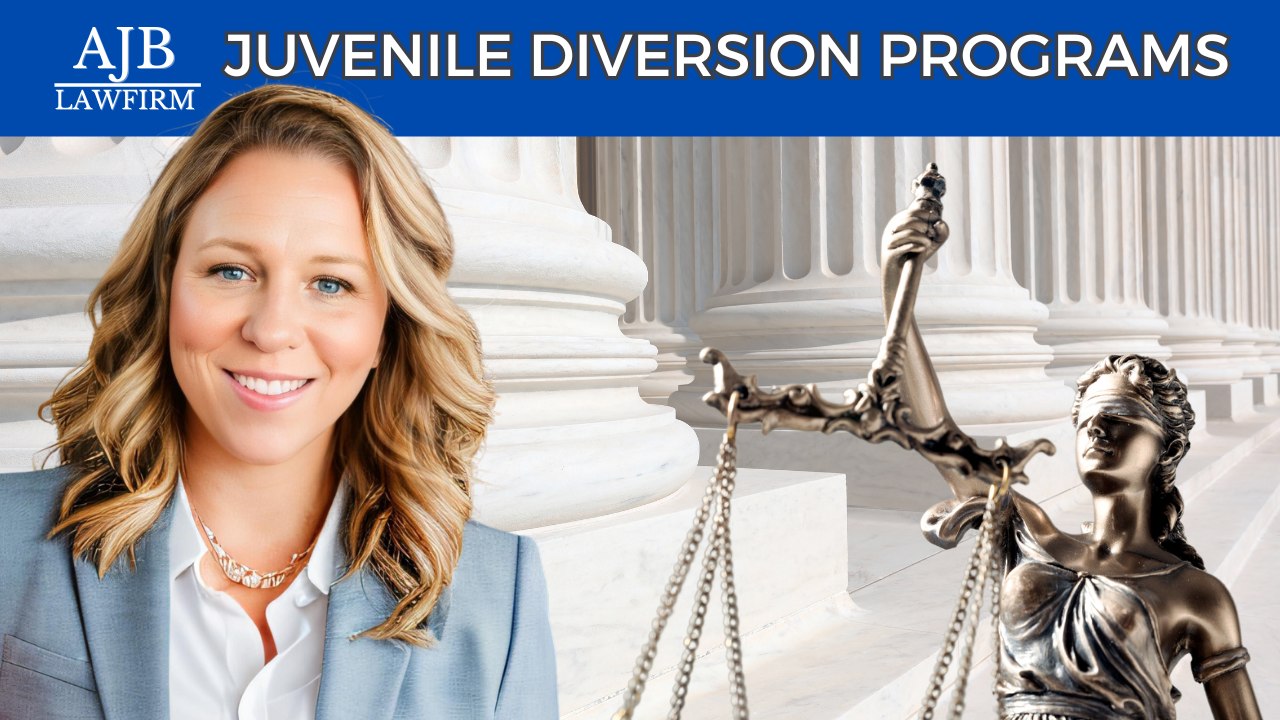The Benefits of Juvenile Diversion Programs
A Second Chance Worth Considering
Navigating the legal system can be an emotionally draining and complicated process, especially for juveniles and their families. One option that can provide young individuals with a second chance is a "juvenile diversion program." While it may have its own consequences, a diversion program often provides a more favorable outcome than facing a criminal conviction and its long-term ramifications.
What Is a Juvenile Diversion Program?
Juvenile diversion programs are designed to redirect young offenders away from the formal criminal justice system and toward a path of rehabilitation and education. The key benefit is that successful completion typically results in the charges being dropped, leaving the juvenile with no criminal record.
Why Consider a Juvenile Diversion Program?
Short-term Consequences, Long-term Gains
Diversion programs usually require compliance with a set of conditions like curfews, community service, and sometimes self-reflective exercises like apology letters. While these stipulations might feel restrictive in the short term, it's important to contrast them with the alternative—a criminal record that could impact future education, employment, and housing.
Emotional and Psychological Considerations
Going to trial can be an emotionally taxing process, especially for a young person who is still mentally and emotionally developing. The diversion program is a less grueling alternative, focusing more on rehabilitation than punishment.
Taking Responsibility Can Be Empowering
While it may feel difficult to adhere to the stipulations of a diversion program, taking responsibility can often be a turning point in a young person's life. It offers a chance for reflection and can foster personal growth and maturity.
Court Perception
Judges and juries are unpredictable. Even if you feel you have been wronged or victimized somehow, there's no guarantee that the court will see it from your perspective. Diversion programs often serve as a compromise that the court views favorably, showing a willingness to make amends and move forward.
A Word to Parents and Guardians
Your role in the life of a young person navigating the criminal justice system is invaluable. It’s natural to want to protect your child from the harsh realities of life, but sometimes, accepting a difficult short-term situation like a diversion program can save them from much tougher circumstances down the line.
The Bottom Line
The goal of any defense attorney is to secure the best possible outcome for their client. Diversion programs often represent the most beneficial route, especially for young people with the potential for a clean slate and a second chance. While it does require accepting some level of responsibility and facing consequences, the long-term benefits usually far outweigh the immediate drawbacks.
If you find yourself in a situation where a juvenile diversion program is an option, it's crucial to weigh the pros and cons carefully. Consult with an experienced attorney to guide you through this complex decision-making process.
